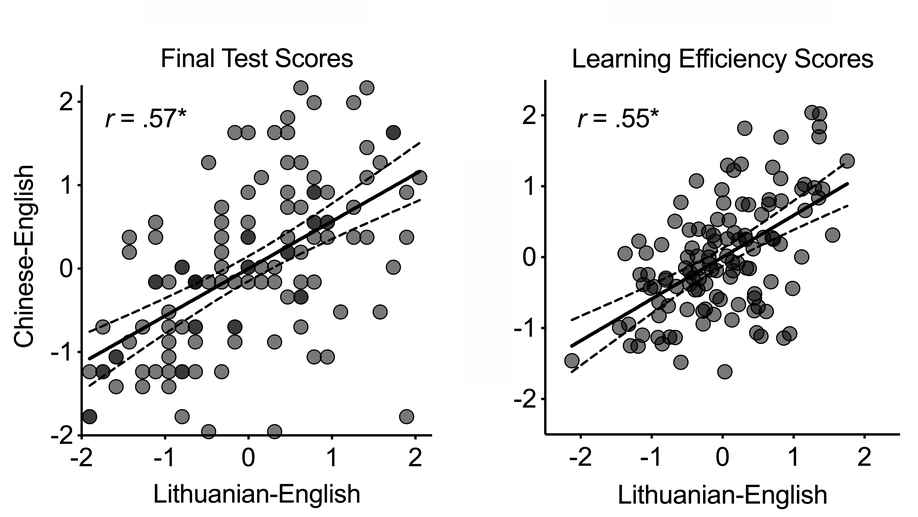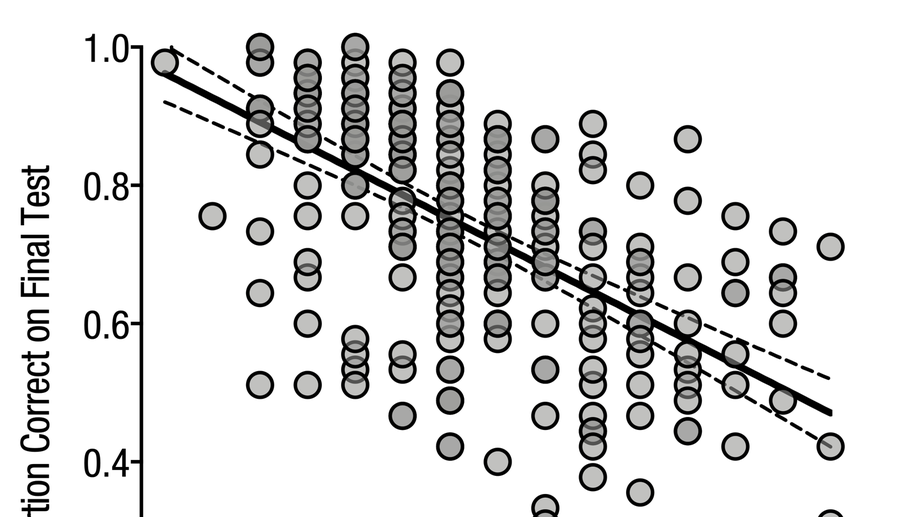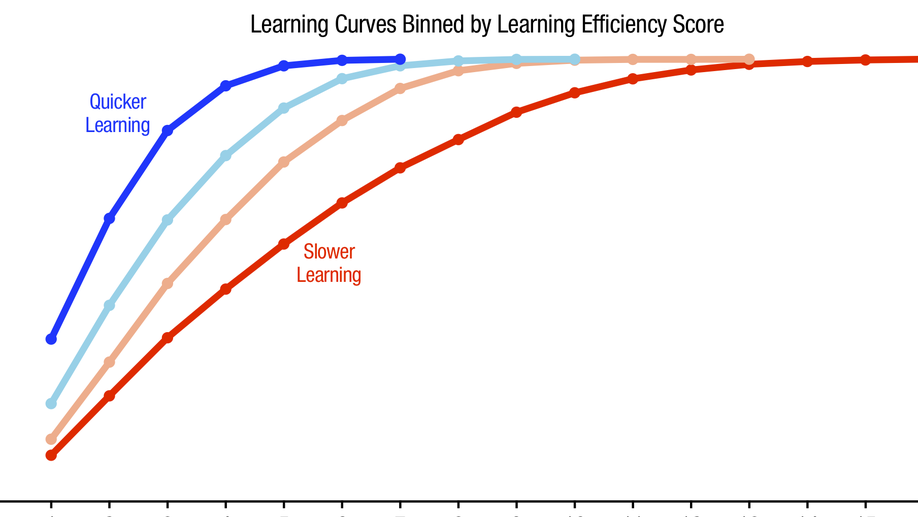Biography
I am currently a Data Scientist II at Mastercard as part of the the Model Services team within Mastercard’s Merchant and Acquirer Solutions. I develop and deploy predict models using various statistical and machine learning techniques to address business challenges. I collaborate with data engineers, product managers, and stakeholders to understand business requirements and translate them into data-driven solutions. I work at Mastercard’s St. Louis Tech Hub in O’Fallon, Missouri.
I worked as a Postdoctoral Research Associate for 3 years with Dr. Henry Roediger and Dr. Jim Wertsch at Washington University in St. Louis (2021 - 2024). I received my A.M. (Master’s degree; 2017) and Ph.D. (2021) in Psychological & Brain Sciences at Washington University in St. Louis working under Dr. Kathleen McDermott in her Memory & Cognition Lab. I received my B.Sc. in Psychology and Statistical Methods from Truman State University in 2015 and also spent summers doing research at the University of Michigan and University of Vermont.
My main interests are in examining both collective memory and individual differences in long-term memory, in particular how memories are formed and how they change over time. I am also interested in the similarities (and differences) between individual and group memory and forgetting. Much of my doctoral work was focused on the relation between how quickly people learn information and how well they remember it over time, as well as how learning rate related to forgetting rate. I participated in the Cognitive, Computational, and Systems Neuroscience (CCSN) pathway and was a National Science Foundation GRFP recipient.
Interests
- Statistics / Data Visualization
- R / Python / SQL
- Machine Learning / AI
- Storytelling with Data
- Learning and Memory
- Individual Differences
Education
PhD in Psychological & Brain Sciences, 2021
Washington University in St. Louis
AM in Psychological & Brain Sciences, 2017
Washington University in St. Louis
BSc in Psychology & Statistical Methods, 2015
Truman State University











